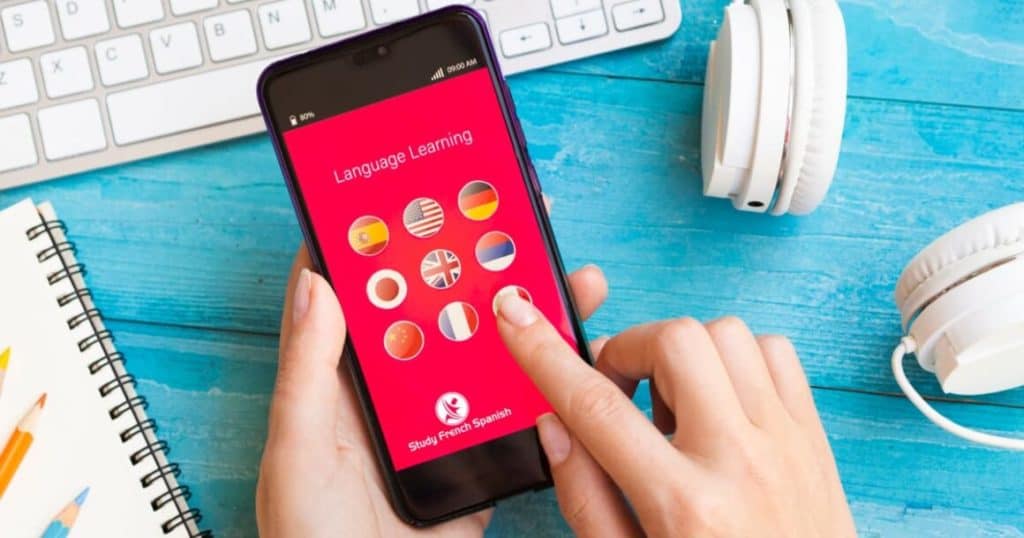Contents
With the world becoming a global village and modern technology enabling us to communicate with people all over the world, learning new languages is also easier than ever. In the past, language enthusiasts had to put enormous effort to get the right resources for learning a new language. But thankfully, now you have a gigantic source of information right in your pocket.
Millions of people around the world are using mobile apps for learning new languages. The number of users for these apps is only expected to rise in the future. But how sure are we that they really work?
Language Learning Over the Centuries
Different mechanisms have been used to learn new languages in history. There once was a time when the options were extremely limited. You either had to learn it straight from the natives by actually living beside them or go to a teacher. Textbooks were an innovation that helped language aficionados in the past century. And the latest method of language learning is through mobile apps.
Decide Before Buying
You have enough data on each app that you can be sure of its performance without having to buy a subscription first. For instance, this Pimsleur review lists all the pros and cons of the app. Likewise, you can read reviews from the users for every language learning app out there. Do your research and assess each app to find the best one for you. There is no obligation upon you to buy the premium version right off the bat. In some cases, you can acquire enough knowledge of another language without paying even a single penny.
The Data Speaks for Itself
Probably the best way to really judge this phenomenon is to ask the people who have used such apps themselves. Around 70 million people have signed up for the language app called Duolingo. It has disrupted the mobile app industry in the past few years. Similarly, you will find other apps like Babble and Pimsleur with a huge share in the market. Millions of users have benefited from them and many more are subscribing every month.
Theory vs. Practice
Language learning apps can make you feel pretty lonely as opposed to the traditional methods of language learning where you get to practice your linguistic skills with your teacher and classmates.
Sure, you can learn the grammar of your desired language to the fullest. You can also memorize as many phrases as you can. But does that equate to the real-world interaction that you have with a teacher or your fellow language learners? Probably not.
However, the majority of language apps provide you a forum to practice your skills and engage with either the natives of that language or the people who are still in a learning phase. It might not be as good of an interaction as in the real world, but the flip side of the coin is that you have a lot more people to talk to than the few in your class.
Command Your Schedule
When it comes to convenience, language apps have a huge edge over physical learning with a teacher. If you go to a language center or have hired a language instructor for yourself, you are the one following their schedule model from then not. Your learning is restricted in the time slot you are allotted by your teacher.
Whereas language learners who are using mobile apps have complete freedom of when and where they choose to learn. You could be taking a bus to your work, cooking in the kitchen, or traveling in a plane, you can simply open your favorite language learning app anywhere.
Track Your Progress
It is easy to lose track of what you have achieved over a period of time. The feeling that you have worked so hard while achieving nothing can be a motivation killer.
One of the great built-in features in language learning apps is that they allow you to measure how much you have learned since the beginning of your journey. The progress data is so detailed that you can precisely find out how many words of the language you have learned. You cannot expect this kind of detailed progress report in other modes of learning.
Great for Newbies
Language learning apps are most effective for learning grammar, vocabulary, and phrases. You might need one-to-one interaction with people in the real world or online when you get to a more advanced stage.
So the best way to learn a new language efficiently would be to start with an app and practice with other speakers of that language once do you have acquired intermediate knowledge.


